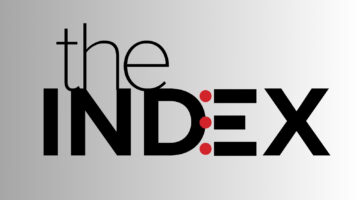
It may seem a little invasive for patients to prove they have taken their medication with a selfie, but a study of AiCure‘s medication adherence tool by the National Institutes of Health suggests that it can be effective. The findings were published in the journal, Stroke, in a paper authored by people associated with AiCure.
AiCure’s tool uses a form of artificial intelligence for facial recognition to confirm that patients have taken the correct medication.

Consultants: Help Define What’s Next In Healthcare Benefits
Help shape the future of healthcare benefits by sharing your insights.
The 12-week randomized controlled trial evaluated the impact of the tool on adherence rates for diabigatran, rivaroxaban, and apixaban and warfarin compared with a control group. Plasma sampling from the 28 participants, who have each had an ischemic stroke, was intended to quantify effectiveness, according to a description of the study. The average age of the participants was 57 years old.
The findings showed that all of the patients using AiCure took their medication but only 50 percent or six out of 12 patients in the control group took the anticoagulants.
Given that learning new technology can be a stumbling block in digital health, the company said in a statement that it was encouraged that AiCure’s tool didn’t pose this problem.
Medications that have to be taken over a long-term period, such as anticoagulants, tend to be associated with poor adherence. A JAMA study noted that the need to improve adherence is less appreciated in anticoagulation therapy, because in the past, low prescription rate was responsible for a large percentage of underuse. Increasing physician adherence to prescribing guidelines has led to an improvement in prescription rates in past decades.

Changes in Nurse Staffing Answer Clinician Demands
The ongoing nursing shortage facilitates high turnover rates since nurses know they won’t have difficulties finding new jobs. In order to retain and attract staff, it’s in a facility’s best interest to understand what nurses want.
What makes adherence so critical for stroke patients is that for the 610,000 people who experience a stroke for the first time each year, according to data from the Centers for Disease Control, the risk of having another stroke rises.
Given the cost of drug development from clinical trials, AiCure’s tool could improve adherence for clinical trials and improve the quality of results from them.
AiCure has positioned its technology as a way to provide effective remote monitoring support for clinical trials. Last year, the company closed a $12.2 million Series A round. It has also raised $7 million from NIH competitive innovation grants to support the development of its platform for drug research and therapy.






